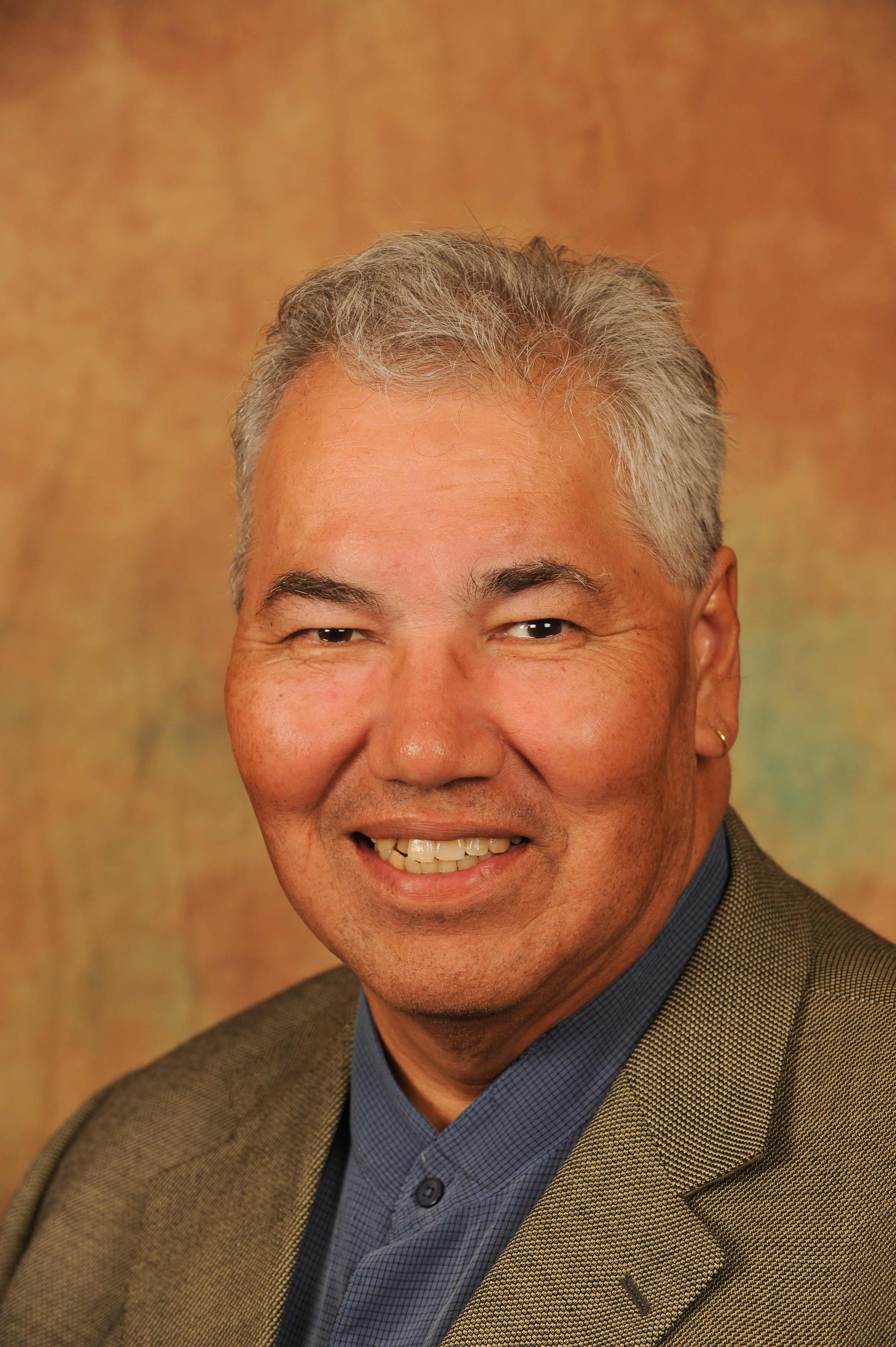-
Call for immigration measures to respond to Syria crisis
The CCR and the Syrian Canadian Council are calling on the Canadian government to introduce immigration measures to respond to the conflict in Syria. More than two million Syrians have been forced to flee as refugees and many others are internally displaced.
The organizations are asking Canada to:
-
Introduce flexible provisions to allow family members of Canadian citizens, permanent residents and accepted refugees to come to Canada, at least on a temporary basis.
-
Address the many barriers to private sponsorship of Syrian refugees, including the long processing delays and the ban on sponsoring refugees out of Turkey.
-
Provide more Government Assisted Refugee spaces when the UNHCR calls for them.
-
Formally declare a moratorium on removals to Syria.
-
Introduce special immigration measures for Syrians currently in Canada, to allow them to extend their stay, similar to provisions for Haitians after the earthquake (including access to a work permit, to Interim Federal Health coverage and to schooling for children).
-
Allow people who meet all the conditions of a temporary visa (e.g. students, parents or grandparents on supervisas) to come to Canada (i.e. not be refused simply because the crisis in Syria makes officials question their willingness to return to Syria).
For more on the Syrian crisis and what Canada can do, see:
ccrweb.ca/en/news-release/2013-09-11 and for background information:
ccrweb.ca/en/syrian-crisis-backgrounder-
Canada’s refugee resettlement program: becoming less generous?
Memos to the Minister recently released through Access to Information show that the government has been exploring some important changes to Canada’s resettlement program, including in particular:
-
Moving from a global resettlement program to one where a few specific refugee populations are targeted.
-
Reducing the numbers of refugees with “high needs” who are resettled to Canada.
The new orientation is less about responding to the refugees most in need, and more about selecting refugees who are healthy and will integrate easily. While the proposed changes all make Canada’s refugee resettlement program less generous, the memos recommend that the communications strategy should emphasize Canada’s generosity.
The memos are from fall 2012. Since then, the government has moved ahead with the targeted population approach, but has apparently not yet decided how to address refugees with medical needs.
See
Ottawa looked at limiting refugees with health problems: documents, Calgary Herald, Benjamin Shingler, September 3, 2013.
The memos can be found at:
http://ccrweb.ca/en/memos-minister-resettlement-refugees-
Join the Proud to Protect Refugees Week of Action, 10–17 November 2013

Join us in changing the conversation about refugees during a Week of Action from 10-17 November as part of the
Proud to Protect Refugees campaign. This is an opportunity to turn the volume up of voices talking about refugee protection and refugee contributions in cities across Canada. Let others around you know how refugees enrich our lives and why protecting refugee rights in Canada is a strong tradition to continue.
Members of Parliament will be on break from the House of Commons and in their ridings in mid-November (10 - 17). Involve your local elected officials in public activities that you are planning. Design activities that will reach out to people who are less familiar with refugee issues.
Suggested activities:
After activities - ways to continue taking action:
Interested in getting involved in the Week of Action, but the dates don’t work? No problem!
Here are some other key dates for you to plan around.
About the Proud to Protect Refugees Campaign
Recent changes in Canada have increased negative talk and make it tougher for refugees and others to find protection and to feel welcome.
Let’s change the conversation. This is an opportunity to create long-term social change. Help promote a positive vision of what we want for refugees in Canada and of the important contributions refugees make to our communities. Promote respect for refugees and other seeking protection in Canada by sharing information and raising voices in your community.
For more information about
Proud to Protect Refugees and how to get involved:
ccrweb.ca/en/proud-to-protect-refugees-
Register now for the CCR Fall Consultation, Kitchener-Waterloo, 28 – 30 November 2013

Join us to explore questions affecting refugee protection and newcomer settlement.
The theme
Everyone has a part to play: what’s your part? recognizes that we must all work together towards a stronger and healthier future.
Conference discussions will address issues that challenge refugees, immigrants, advocates and community workers.

The Honourable Justice Murray Sinclair, Chair of the
Truth and Reconciliation Commission of Canada will open the conference. What does the legacy of residential schools for aboriginal people mean for refugees and immigrants?
Save the date! Join discussions at the
National Forum on Trafficking Issues or the
National Strategy Meeting on Migrant Workers Issues on Wednesday 27 November.
Information about the consultation and online registration are available at:
ccrweb.ca/meetings
Register before 8 November to take advantage of the reduced fees!About CCR Consultations
CCR Consultations are held twice a year in different cities and address issues of refugee protection and immigrant and refugee settlement. They bring together 300 or more people from across Canada and beyond. Participants include refugees, immigrants, representatives of NGOs, government, UNHCR, academics and international guests. Everyone is welcome to participate.
The Consultation is an excellent opportunity to:
-
Meet and learn from experts in the field
-
Exchange information and prepare resolutions on a broad range of refugee and newcomer issues
-
Contribute to the CCR working groups’ ongoing dialogue on policy and legislation
The CCR has prepared a document giving very basic information on how permanent residents may be deported from Canada if they commit a crime. The document highlights the increased bars on access to an appeal following changes to the law as part of Bill C-43, adopted in June 2013.
